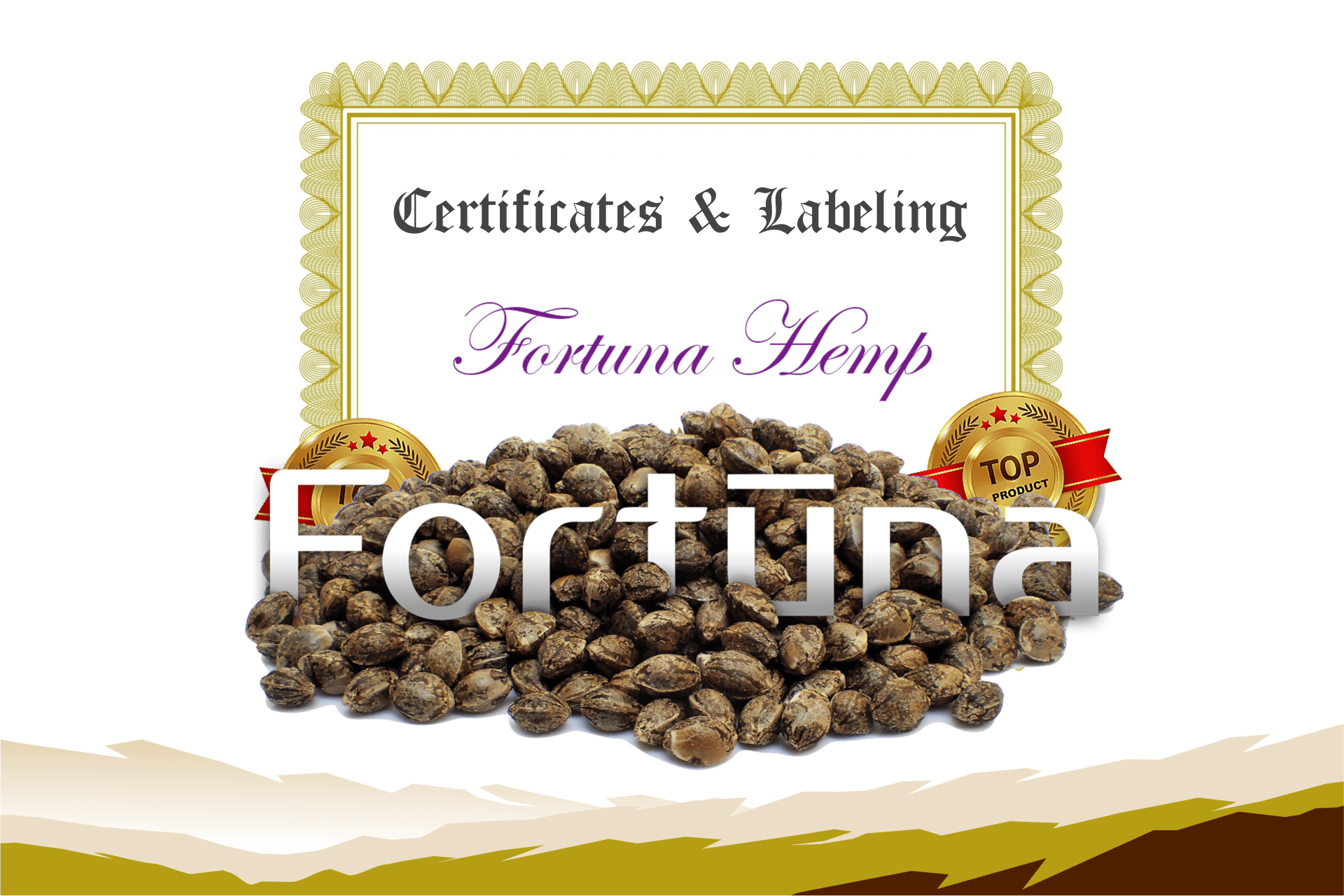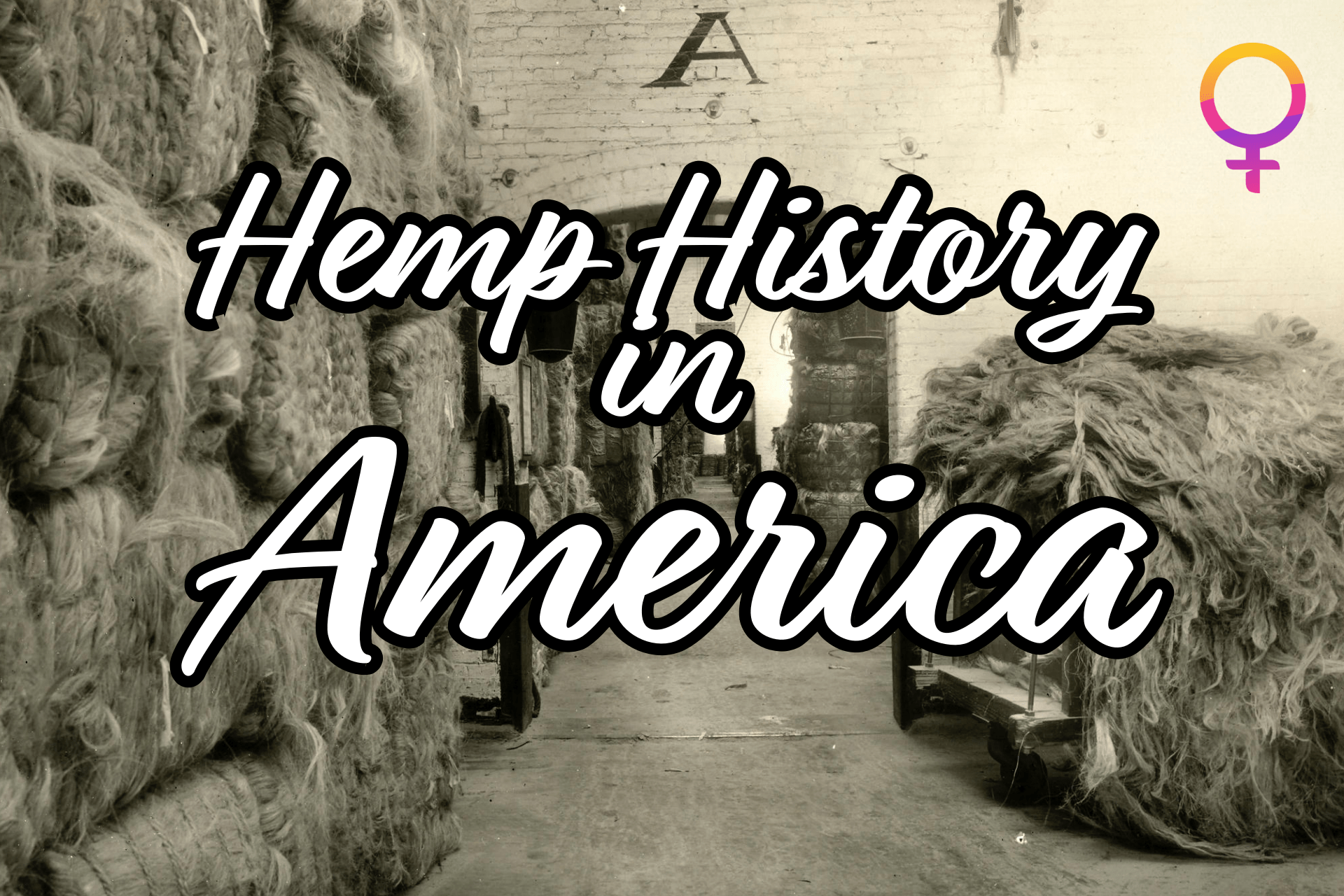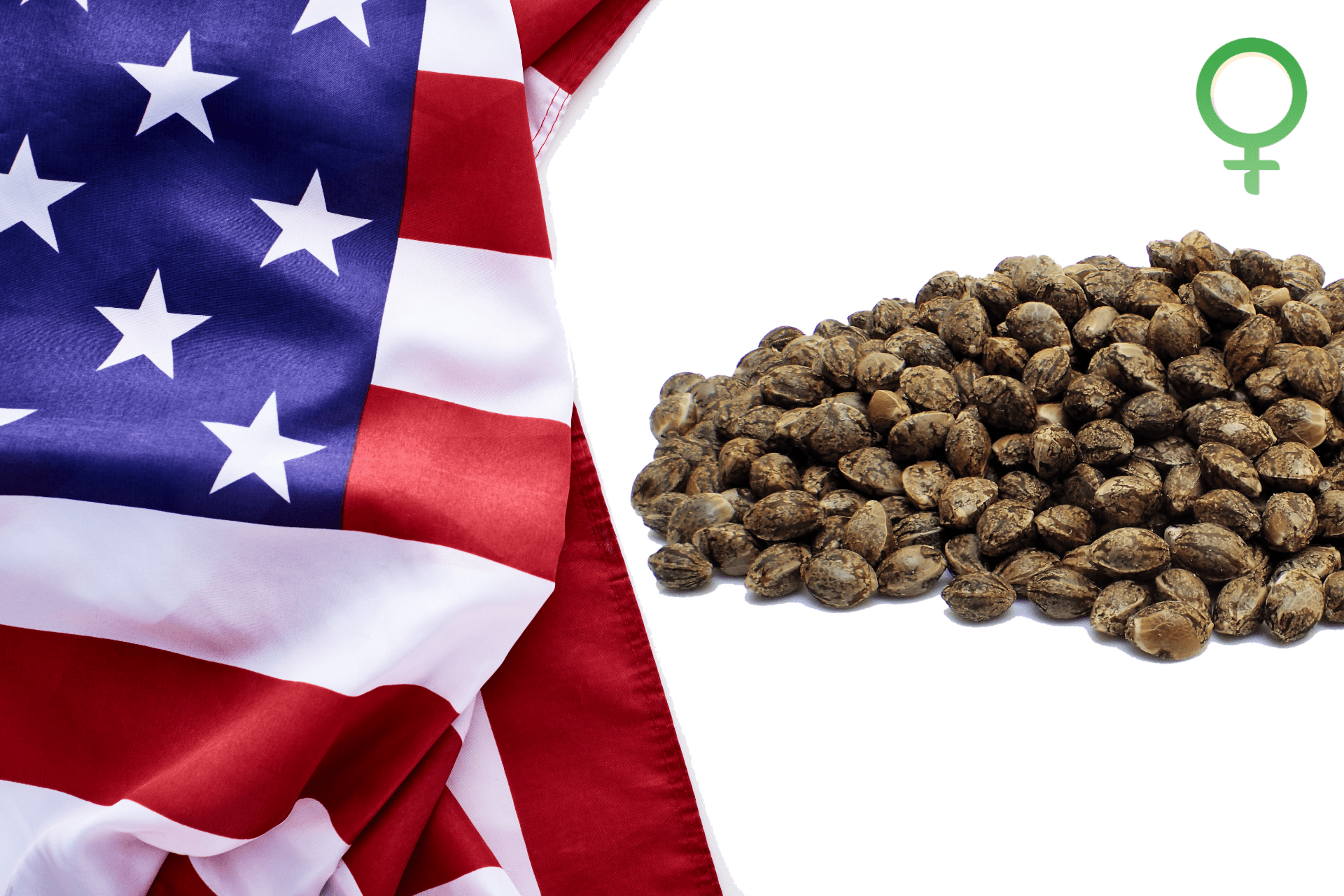
Hemp seed certification is a brand new beast in America. Though not yet widely available, certified hemp seeds are an excellent way for farmers to ensure the hemp they grow will not break the bank later. Because hemp faces more strict restrictions than any other agricultural commodity in America, the need for reliable hemp seeds is paramount as they help ensure farmers will remain compliant throughout the whole hemp growing cycle. Non-compliance (even if it is unintentional) can literally cost the farm due to the repercussions of cultivating “hot hemp,” or hemp that tests above the maximum .3 percent threshold.
No Standards for Hemp Seed Certification
Farmers typically use certified seeds to grow things like corn, wheat, and other agricultural commodities to ensure they meet standards for purity, germination rates, and so on. Seed certification falls into four categories: breeder seed, foundation seed, registered seed, and certified seed.
- Breeder Seeds: Controlled directly by the original or sponsored breeder
- Foundation Seeds: Breeder or foundation seed offspring developed to maintain genetic purity and identity
- Registered Seeds: Foundation seeds handled in such a way that maintains satisfactory genetic purity and variety
- Certified Seeds: Offspring of any of the above seed types handled to preserve its specific genetic traits and variations.
However, the hemp industry in America has seemingly sprung to life overnight. As such, there is no standardization regarding certified hemp seeds. Farmers must choose where they purchase hemp seeds from based on whomever they deem reliable. There is very little government oversight to help protect farmers. The wrong purchase (for example, male seeds amongst feminized hemp seeds or hemp seeds prone to growing “hot”) could ruin the whole crop, and there is little the farmer can do about it.
Though some states have hemp seed certification programs in place, most other states do not. This can be concerning considering that the average price of CBD hemp seeds averages about $1.30 per seed. At about 2000 seeds per acre for hemp farming, purchasing sub-par hemp seeds can be a very costly mistake.
The Industry Desperately Needs Hemp Seed Standards
A lack of standardized hemp seed certification is more than an inconvenience to farmers. Those who purchase hemp seeds from a non-reputable source (Craigslist or Facebook group posts, for example) risk growing non-compliant crops. If this happens, farmers must destroy the crop without any option to repurpose for things like fiber or animal bedding. There is no salvation for hot crops; farmers must till or otherwise destroy them.
What’s worse, farmers have no way of knowing their crops are at risk of testing hot until about four months into the season. At this point, there is no going back and no way to grow another crop in its place. The best a farmer can do when THC starts to spike is to harvest early and hope someone will want to buy biomass with minimal cannabinoid content.
Another common issue facing the CBD hemp farming community is unwittingly purchasing regular as opposed to feminized CBD hemp seeds. There is an unfortunate number of farmers who bought what they thought were feminized (female-only) hemp seeds only to discover a few males in the group. When a male hemp plant develops and spreads his pollen, he can fertilize thousands of female hemp plants within miles. Should this happen, the entire crop may be useless as it will not contain the cannabinoid levels that most buyers expect from the CBD hemp market.
States with Hemp Seed Certification Programs
There are currently five states that offer official AOSCA-approved hemp seed certification programs: Oregon, Colorado, Tennessee, North Dakota, and North Carolina. Certified seeds must be processed and labeled according to both the state’s agricultural department and AOSCA standards. Typically, official hemp seed certification requires strategic cultivation and analysis of specific hemp seed varieties in many different climates throughout the state. This helps ensure the seeds do not produce excessive levels of THC. Certified hemp seeds must also feature the official blue certification label issued by the state’s agricultural department.
Note that certified hemp seeds are not always certified by official AOSCA standards. Many independent certification companies follow their own certification standards, which may or may not include things like THC content, genetic purity, seed producer, or origin. Farmers can spot the difference between officially certified hemp seeds and non-official certification by the blue label on the packaging.
Companies that do not offer official certification may still provide excellent seeds, however. When purchasing from a non-official source, seek clarification on the following issues:
- Where did the seeds originate?
- Who certified the seeds?
- What standards does the certifying company use?
- Does the state recognize the certifying agency?
- What is the purpose of the certification?
- Do the seeds meet germination and purity requirements as outlined by the state?
Final Thoughts
The domestic hemp industry has a lot of growing to do. Included in this is the need for more standardized hemp seed certification and labeling. Some states have fronted the movement by implementing their own standardized certification programs. However, others must fill in the blanks by using third-party, non-official seed certification facilities. This is not to say that non-official hemp seed certification is sub-par to state-sponsored programs. Rather, it highlights the need to further research into the agency that offers the certification.
For more information about hemp seed certification in your state, contact Fortuna Hemp. We’d love to share more about our carefully selected hemp seeds and corresponding COAs.



